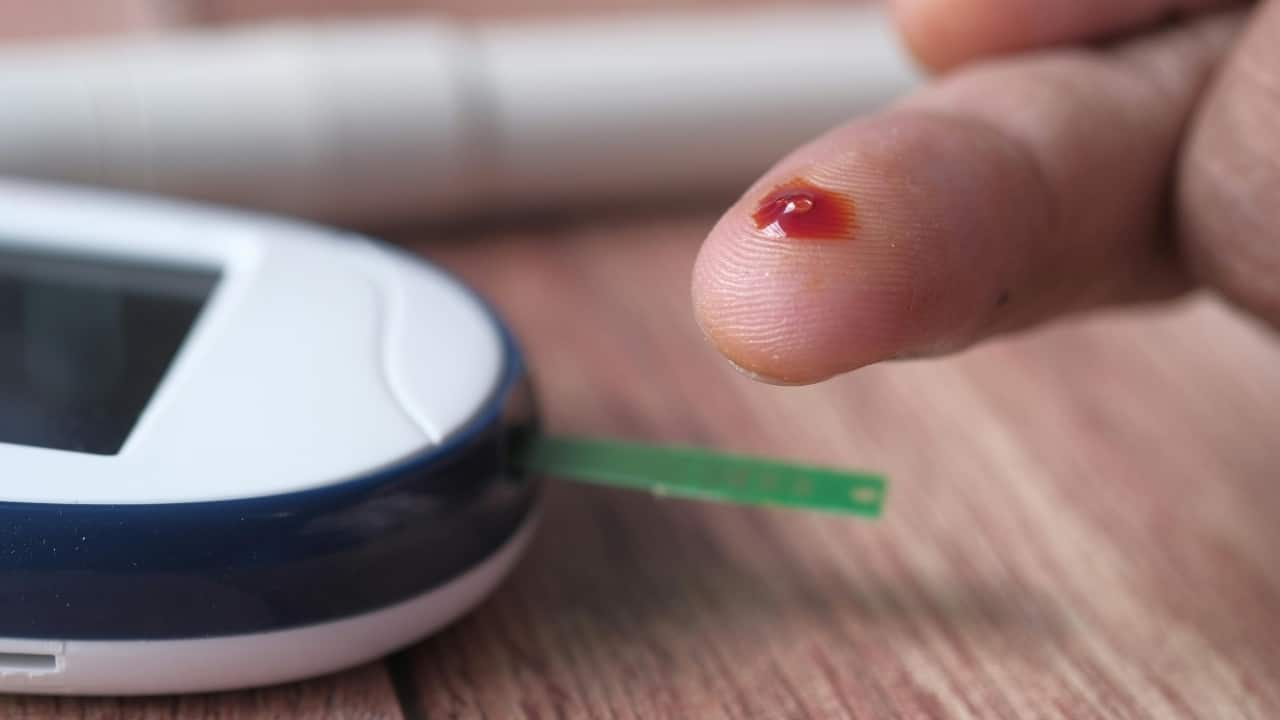World
Surge in Diabetic Retinopathy Threatens Millions in India

Diabetes poses a significant risk to vision, with diabetic retinopathy emerging as a leading cause of blindness among patients. This condition, characterized by damage to the eye’s blood vessels due to elevated blood sugar levels, is becoming increasingly prevalent in India. With over 77 million diabetics in the country, experts warn that the nation is facing a potential eye health crisis.
The Indian Council of Medical Research has highlighted the alarming rise of diabetic retinopathy across both urban and rural areas. “Patients rarely notice the condition until vision loss has already occurred,” said Dr Ananth Bhandary S, Head of Department and Consultant in Ophthalmology at Ramaiah Memorial Hospital in Bengaluru. He emphasized that the lack of awareness and late detection exacerbates the problem.
The impact of diabetic retinopathy extends beyond health; it affects the social and economic well-being of individuals, particularly those in their most productive years. With many patients unaware of their condition until significant damage has occurred, the need for proactive measures is crucial.
Understanding Diabetic Retinopathy
Prolonged periods of high blood sugar can lead to damage in the eye’s tiny blood vessels. “These vessels may leak or close off, resulting in swelling in the retina, especially in the macula, which is essential for sharp vision,” explained Dr Bhandary. He noted that when blood vessels are blocked, parts of the retina are deprived of oxygen, prompting the formation of abnormal new vessels. These fragile vessels can bleed easily, potentially leading to sudden vision loss or even retinal detachment.
The risk of developing diabetic retinopathy increases with the duration of diabetes and poor control of blood sugar levels. Therefore, managing diabetes effectively is vital for reducing the risk of this eye condition.
Preventive Measures for Diabetic Retinopathy
Maintaining proper control over blood sugar, blood pressure, and cholesterol levels is essential in preventing diabetic retinopathy. A balanced diet, regular exercise, weight management, quitting smoking, and stress management can all contribute significantly to eye health. Dr Bhandary advises that all individuals diagnosed with diabetes should undergo a comprehensive dilated eye exam annually. “Catching the disease early can prevent irreversible damage and allow timely treatment,” he said.
Treatment Options Available
For those diagnosed with diabetic retinopathy, several treatment options are available. These include:
– **Laser photocoagulation**: This procedure targets leaking or abnormal blood vessels by using laser energy to close them off.
– **Anti-VEGF injections**: These medications are injected into the eye to reduce swelling and stop the growth of abnormal vessels.
– **Vitrectomy**: This surgical procedure involves removing the blood-filled gel from the eye and repairing any retinal detachment.
Dr Bhandary stresses that the lifestyle changes recommended for managing diabetes not only benefit heart health but are also critical in preserving vision.
It is important for individuals to stay informed about their health and seek professional medical advice tailored to their specific conditions.
This article provides general health information and should not be considered a substitute for professional medical guidance. Always consult a healthcare specialist for personalized advice and diagnosis.
-

 World5 months ago
World5 months agoSBI Announces QIP Floor Price at ₹811.05 Per Share
-

 Lifestyle5 months ago
Lifestyle5 months agoCept Unveils ₹3.1 Crore Urban Mobility Plan for Sustainable Growth
-

 Science4 months ago
Science4 months agoNew Blood Group Discovered in South Indian Woman at Rotary Centre
-

 World5 months ago
World5 months agoTorrential Rains Cause Flash Flooding in New York and New Jersey
-

 Top Stories5 months ago
Top Stories5 months agoKonkani Cultural Organisation to Host Pearl Jubilee in Abu Dhabi
-

 Sports4 months ago
Sports4 months agoBroad Advocates for Bowling Change Ahead of Final Test Against India
-

 Science5 months ago
Science5 months agoNothing Headphone 1 Review: A Bold Contender in Audio Design
-

 Top Stories5 months ago
Top Stories5 months agoAir India Crash Investigation Highlights Boeing Fuel Switch Concerns
-

 Business5 months ago
Business5 months agoIndian Stock Market Rebounds: Sensex and Nifty Rise After Four-Day Decline
-

 Sports4 months ago
Sports4 months agoCristian Totti Retires at 19: Pressure of Fame Takes Toll
-

 Politics5 months ago
Politics5 months agoAbandoned Doberman Finds New Home After Journey to Prague
-

 Top Stories5 months ago
Top Stories5 months agoPatna Bank Manager Abhishek Varun Found Dead in Well









